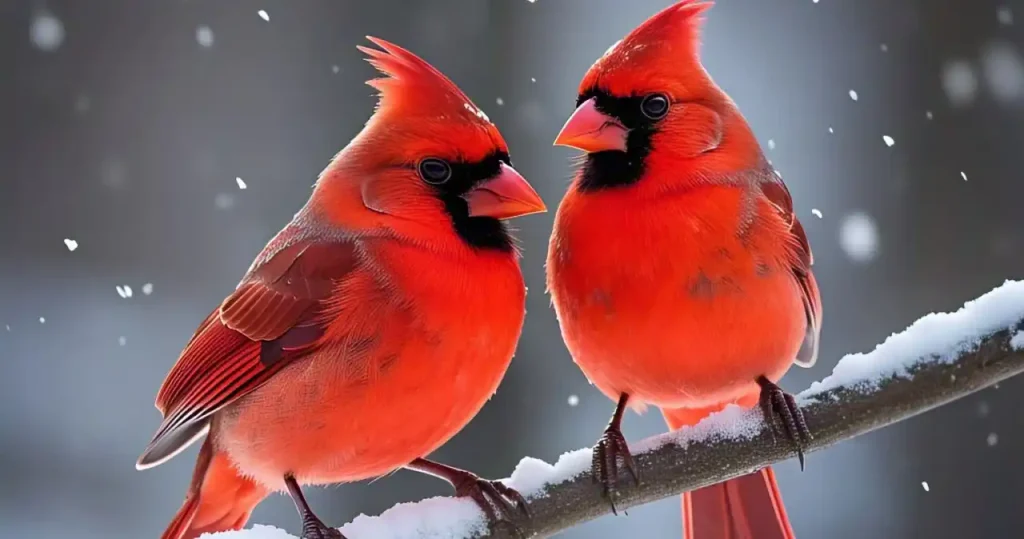Many cultures believe owls bring omens of change. In the Hindu religion, a white owl symbolizes wealth, prosperity, and good luck. In ancient Greece, owls represented wisdom and vigilance and were linked to Athena.
- Is Killing an Owl Bad Luck? Many cultures link owls to omens and wisdom.
- In the Hindu religion, a white owl brings wealth, prosperity, and good luck.
- In ancient Greece, owls symbolized wisdom and vigilance, linked to Athena.
- Japan sees owls as lucky, while medieval Europe connected them to darkness.
- No scientific evidence supports owls bringing misfortune.
- These nocturnal raptors help control rodent and reptile populations.
- Owls are important to nature and play a key role in the ecosystem.
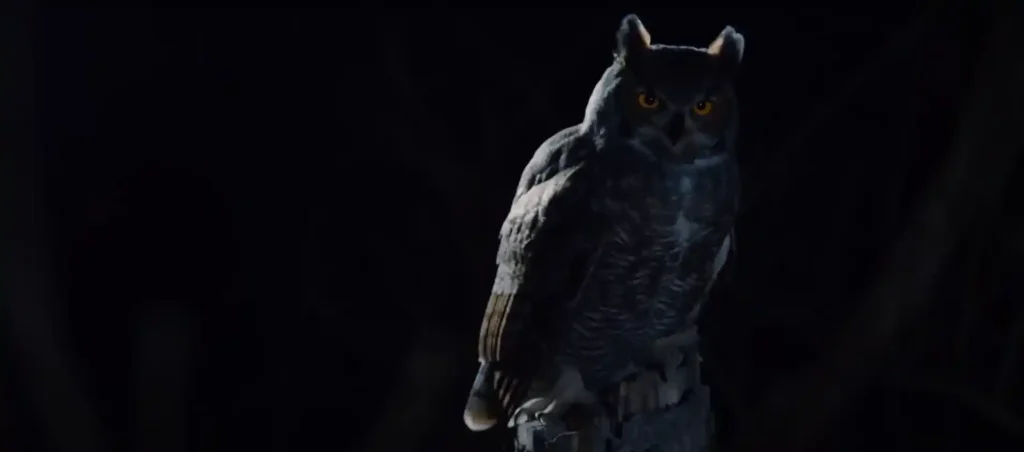
There is no scientific evidence that owls bring misfortune. These nocturnal creatures help maintain rodent and reptile populations, making them important.
Many traditions connect owls to deep meanings. Some see them as messengers of wisdom. In the Hindu religion, they bring prosperity and serve as the vahana of the goddess Lakshmi. In Japan, they are considered lucky.
Owls have been a part of folklore for centuries. In ancient times, people saw them as harbingers of important events. In medieval Europe, they were linked to darkness, while in China, during the Tang dynasty, they held strong cultural significance.
There is no scientific evidence that owls bring misfortune. These nocturnal creatures are raptors that help control rodent and reptile populations. They play an important role in the ecosystem and are valuable to nature.
Saving a baby bird is seen as a sign of kindness, care, and new beginnings. It shows life is fragile but full of hope, reminding us to love, protect, and grow in spirit.
Are owls good or bad luck?
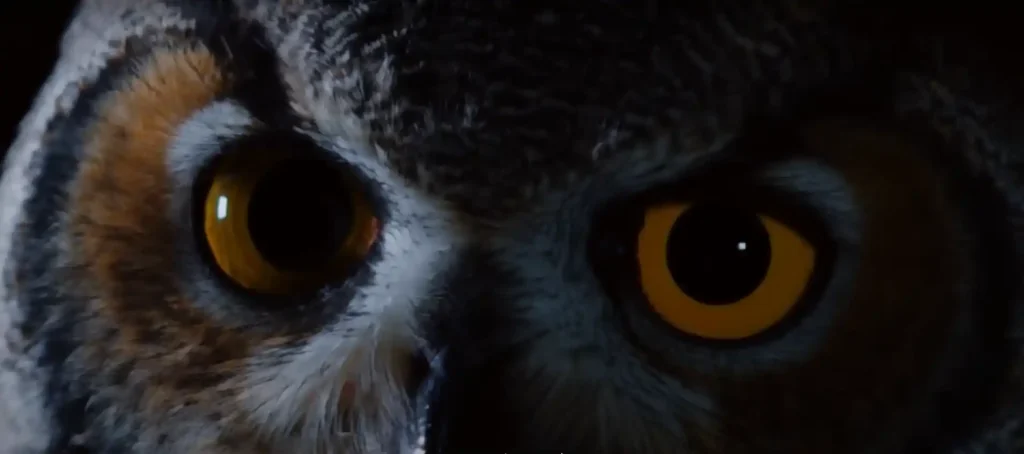
Many cultures have dark associations with owls, seeing them as bringers of bad luck. These nocturnal creatures often represent death and other evil things that lurk in the dark. In Arabian cultures, the call of an owl is a bad omen, while in Iran, the birds themselves are seen as unlucky.
In some places, seeing or hearing an owl can be considered a bad omen. For instance, in Ireland, it was believed that if an owl entered your house, you should kill it immediately to prevent it from taking your luck with it when it flew away. My grandmother, who was from Ireland, always told us to avoid humans who roosted with owls, as it would bring bad luck.
In many cultures, owls are seen as harbingers of misfortune. Their nocturnal nature and the fact that they often lurk in the dark contribute to their dark associations. Hearing the call of an owl is considered a bad omen in Arabian cultures, while in Iran, the presence of owls is thought to bring bad luck.
The superstition extends to specific places, such as an owl roosting on the roof of a house, which is seen as a sign of impending bad luck.
Finding a blue jay feather is seen as a lucky and spiritual sign. It can mean protection, healing, and a message to trust yourself and your inner voice.
Other Common Owl Superstitions
Owls and the Superstitions of the Night
In many cultures, the owl is seen not just as a nocturnal bird but as a creature steeped in superstition and mystery. This bird, which thrives in the darkness of night, often carries with it tales of ominous significance. Some say that the hooting of an owl is a foretelling of death or bad luck, a belief that has roots back to the Romans and even earlier.
The ancient Greeks and Romans saw the owl as a familiar of Athena, the goddess of wisdom, yet they interpreted its presence differently. Greeks saw it as a sign of military victory, while Romans felt it predicted their defeat.
In more remote areas, like some South African tribes, people place spikes on their roofs to prevent owls from perching, as their presence is believed to foretell the death of a newborn. Conversely, in places like Romania, the owl symbolizes the souls of repentant sinners transforming into snowy owls on their journey to heaven.
Linking Owls with the Supernatural
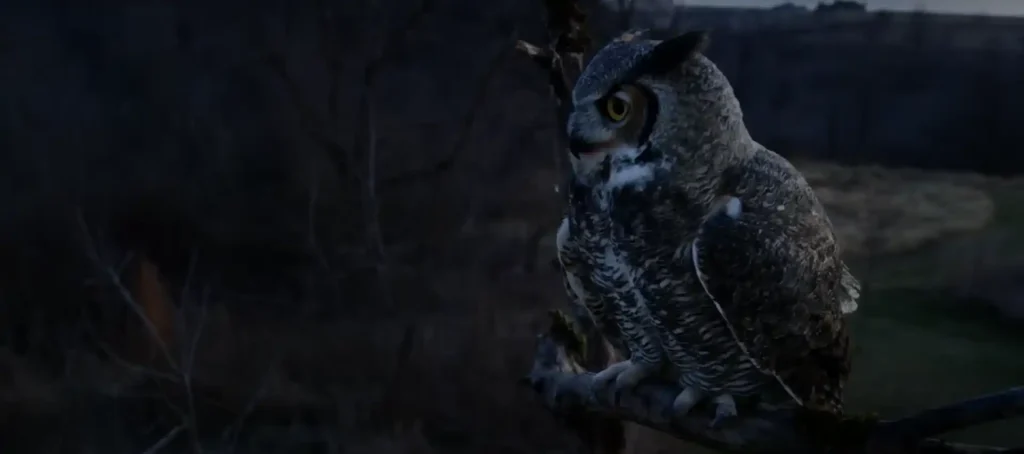
The link between owls and the supernatural is strong across various cultures. In Madagascar, there are beliefs that owls dance on graves along with witches, a chilling image that contributes to the bird’s spooky reputation. Some folklore even grants these birds supernatural powers, where eating the eyes or eggs of an owl could enhance one’s eyesight.
This bird is often seen as a spy or messenger for witches, sorcerers, and shamans, hinting at its deep connection with the spirit world. A continuous hooting near an abandoned home might suggest that the place is haunted, as owls are believed to be the only creatures that can live comfortably with ghosts.
A dead butterfly is a sign of change, renewal, and new beginnings. Different cultures see it as the soul of a loved one, a spirit watching over, or a guide to trust your inner voice.
Owls as Omens and Predictors
Owls also play a role in predicting more mundane aspects of life, such as the weather and the success of a harvest. In Indonesia, the distinct calls of an owl help locals decide if it’s safe to travel. In Brittany, a sighting of an owl on the way to the fields is taken as a sign of a good yield that season.
These beliefs underscore how deeply the presence of owls is woven into the fabric of human superstitions, impacting decisions and interpretations of events around the globe. The owl, with its wise old demeanor and spine-tingling calls, remains a powerful symbol of both wisdom and foreboding across various cultures, influencing a wide range of human beliefs and behaviors from the mundane to the mystical.
Active in the tapestry of night and often working in league with the unseen, the owl’s role in human culture is as complex as it is fascinating, straddling the line between the known world and the underworld, between outcomes foreseen and those left to the whims of fate.
A katydid is seen as a gentle sign of peace, patience, and change. It teaches us to slow down, listen inside, and trust ourselves while staying close to nature.
Owl Folklore
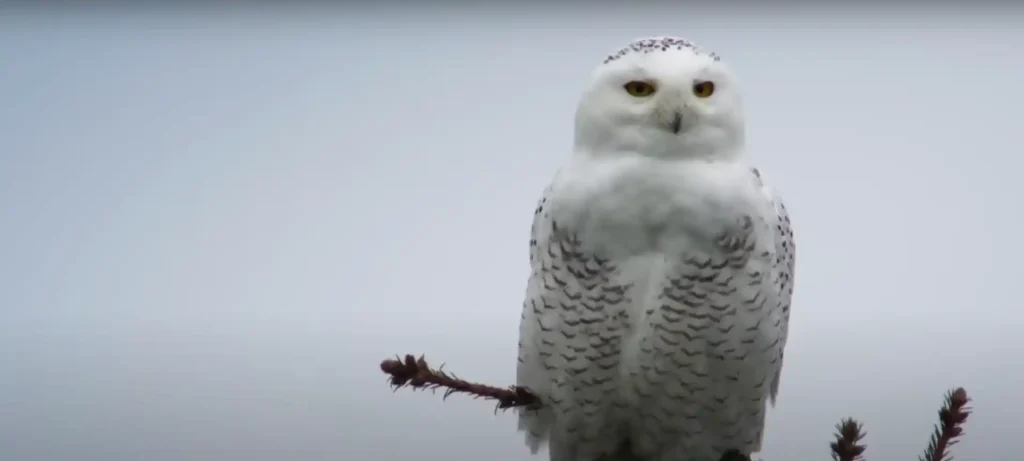
African Beliefs
Owl’s beliefs vary significantly across different cultures and regions, reflecting a mixture of fear, reverence, and mystery. In Africa, owls are often viewed with suspicion and fear, seen as harbingers of evil or death.
In Cameroon, the owl is known as “the bird that makes you afraid,” a clear indicator of its daunting presence. Similarly, in Morocco, it is believed that wearing the eye of an owl on a necklace can protect against the evil eye—a testimony to the owl’s powerful symbolic nature.
Asian Perspectives
In Asia, the owl’s reputation is dual-sided. Countries like Japan revere the Eagle owl as a messenger of the gods or as divine ancestors, showcasing deep respect and honor. However, in Afghanistan, the owl is part of an ancient lore where it provided humans with flint and iron for fire, and in return, humans gifted the owls their wings. This story highlights the owl’s role in human life as a helpful creature.
European Folklore
Europe’s relationship with owls is tinged with sympathy and mystique, woven deeply into ancient Greek and Roman legends. In Belgium, a legend tells of a priest who allowed an owl to stay in his church tower to keep it free from rats and mice, an example of mutual benefit between humans and owls.
Conversely, in England, an owl is said to have stolen the rose, a prize of beauty, which led to it being punished to only appear during the night, thus explaining why owls are nocturnal.
Native American Traditions
In North America, Native American tribes hold a profound respect mixed with caution towards owls. They are often seen as spirits or guardians, linked closely with the spirit world. The Cheyenne considers only the short-eared owl as a real bird, with others regarded as spirits of the night. The Dakota view owls as protective spirits for brave warriors, highlighting their revered status.
Oceania’s Owl Mythology
Oceania presents a more positive view of owls, integrating them into creation myths and symbols of wisdom. In Australia, owls represent the souls of women, marking them as sacred beings. Similarly, in Samoa, a creation myth describes humans as descended from an owl, indicating its revered position in their mythology.
South American Lore
Finally, in South America, owls are enveloped in ancient legends of the indigenous peoples. The Maya believed owls were messengers of Xibalba, the “Place of Phantoms” or “Place of Fear”, a notion that underscores the bird’s connection to the spiritual and mystical realms.
In Mexico, the Little Owl is thought to control the cold north wind and act as a messenger between the living and the dead, embodying its significant role across various cultures.
Frequently Asked Questions
Is the owl a warning of death?
In various cultures, the owl is often intertwined with superstitions surrounding doom and death, similar to black cats and crows. For instance, among Native American tribes like the Apache and Cree, there is a belief that dreaming of owls or hearing their calls that are not answered by another bird may signify that death is soon to come.
This association portrays owls not just as predators or nocturnal birds but as symbolic messengers in the lore of these communities, where their presence and sounds are deeply associated with ominous meanings.
Is Owl bad luck?
Throughout history, owls have been viewed as harbingers of bad luck and death, deeply entrenched in folklore and myth. One popular belief is that bad luck will befall anyone who hears an owl hoot three times.
Another wild myth even claims that owls are the only creatures that can live with ghosts, adding a mysterious and eerie layer to their presence. These stories reflect the complex and often dark symbolism associated with owls across various cultures, casting them in roles that intertwine the supernatural with the ominous.
What is the meaning of killing an owl?
In many traditions, particularly among the Kwakiutl people, owls are viewed as the souls of individuals; therefore, they should not be harmed or killed. This belief stems from the idea that if an owl is killed, the person whose soul the owl carried would also die.
This concept is prevalent in various cultures where it’s thought that a person becomes an owl after death, linking owls directly to the spiritual realm. Moreover, owls are often seen as a symbol of wisdom, making their killing not only a spiritual violation but also a loss of a revered symbol within many societies.
Conclusion
Throughout various parts of the world, owls often get a bad rap as nocturnal and reclusive predators associated with death and bad omens. However, these birds play a critical role in our ecosystem by helping to control the populations of rodents, reptiles, and insects.
Disclaimer
At SpiritualGleam, we explore the deep spiritual and symbolic meanings of life’s many facets. Our insights are based on a blend of ancient wisdom and personal interpretations. Please note that our content is for informational purposes only and should not replace professional advice.


